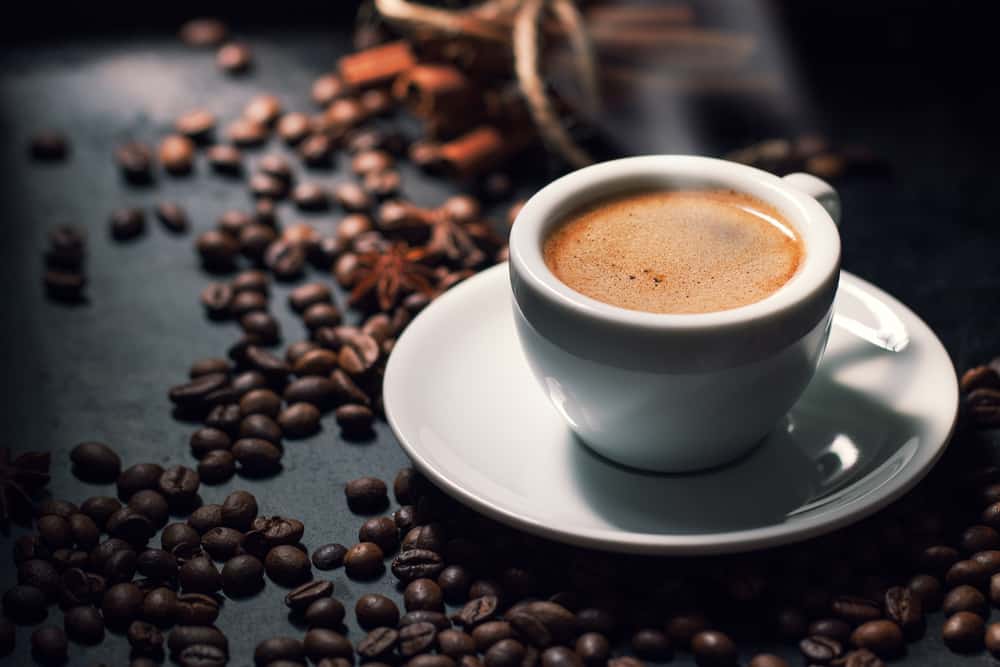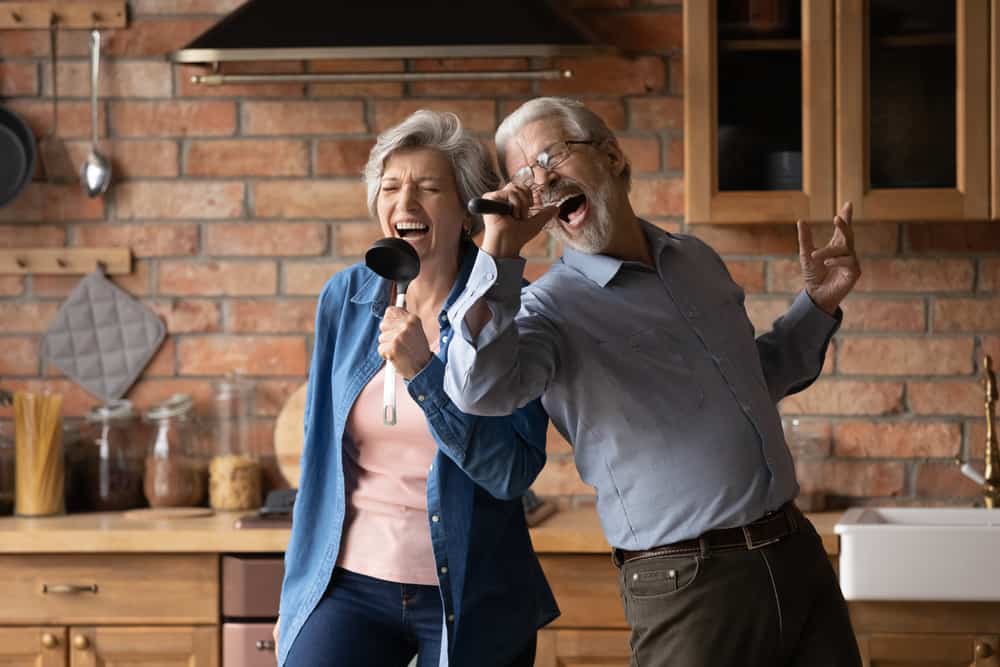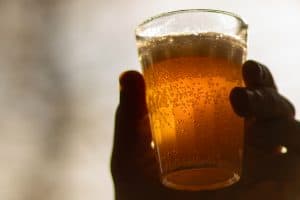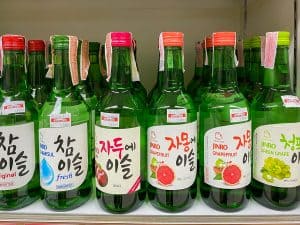
We usually associate coffee with mornings to get you up and going for the day. Drinking coffee after dinner might seem counterintuitive–especially at night. So, why do some people drink coffee after dinner?
Some reasons include that coffee picks your energy levels up again – especially after a heavy meal. Other reasons include being a family tradition or bonding with family and friends, stabilizing blood sugar levels, and health reasons such as losing weight or aiding in digestion.
Let’s explore these reasons in more depth and see if drinking coffee after dinner could benefit you.
Drinking Coffee After Dinner
There isn’t exactly a word for coffee after meals. With a multi-course, formal dinner, it could simply be the end-of-meal coffee, and that’s it. It’s usually a time for gathering and visiting, and I think a little cup of coffee is a perfect way to complete a substantial lunch or dinner.
Asides from the social effects, there are other reasons why people drink coffee after dinner. Let’s take a look at them.
Aiding in Post-Meal Digestion

One of the most common health issues among obesity and high blood sugar levels is constipation.
The caffeine in coffee stimulates the intestines to work a bit quicker, resulting in a slightly increased rate of metabolizing food. After supper, a cup of coffee can help digestion go more quickly and facilitate toilet trips.
This is another theory of why coffee aids in weight loss. However, it’s preferable to speak with your primary healthcare practitioner if you have digestive problems or are overweight to find a healthy solution to your condition.
Aiding in Weight Loss

Although there is no scientific evidence that coffee benefits weight loss, it is supposed to be an appetite suppressor. If you enjoy your post-dinner coffee, you will be less motivated to indulge in late-night munching later in the evening.
However, it’s essential to consider what else you’re doing in the vicinity of coffee. If you drink coffee and eat something with it, you’re ingesting calories that could be harmful to your weight loss.
Coffee, by itself, will not lead to losing weight; it is simply a zero-calorie beverage that can have a minor but good effect on your metabolism and digestion.
It is vital to note that when using coffee to help you lose weight, drink black coffee. Coffee with sugar, creamer, or milk contradicts the purpose because these contain calories.
Coffee with milk or cream may counteract the effects you are looking for in your post-meal coffee, as it will add calories again. After a meal, we suggest avoiding coffee drinks with a lot of milk or sugar. Dairy products are heavy and may contribute to your feeling sluggish.
If you order a dairy-based coffee beverage (especially in the evenings) in a city like Paris or Rome, you will probably get some puzzled looks.
An Energy Boost After Dinner

One of the most common reasons for drinking coffee after dinner is to avoid the post-dinner lull. A carb-heavy meal will affect most of us feel sleepy.
Instead of snuggling up on the couch to watch Netflix or nap, many individuals drink a cup of after-dinner coffee, providing them with a much-needed boost of energy to get them through the rest of the evening until bedtime.
Family Tradition

While you are younger, it may be hard to appreciate the allure of staying after dinner for a cup of coffee with your parents. However, as you become older, that after-dinner coffee with a side of interesting discussion may become more appealing.
Many families have a tradition of sipping coffee after supper, passing this tradition down through the generations.
Coffee after dinner is a great opportunity to catch up on all that happened during the day and reconnect after a lovely family dinner. In reality, many families still have a practice of gathering for a family night in one location, having dinner, and then drinking coffee to catch up.
Cultural Tradition

Various cultures indulge in a cup of coffee after dinner. In France, black coffee is sometimes accompanied by cognac or a Café Granit, a strong and sweet coffee flavored with mocha liqueur.
Espresso is popular in Italy because it does not contain creamy milk-like cappuccino, which is consumed in the morning.
Sometimes, Sambuca is offered after coffee to cleanse the palate of the aftertaste, but it can also be consumed with coffee as caffè corretto (“corrected coffee”) or un caffè alla sambuca (“coffee with Sambuca”).
The Dutch have ‘koffie verkeerd,’ which translates to “reverse or wrong coffee.'” This drink comprises a glass of milk and a bit of coffee (instead of a cup of coffee and a modest portion of milk) and is intended to improve digestion. Avoid this after a substantial dinner and have it in the morning.
You can read about coffee drinking traditions in each culture.
Health Benefits

Coffee contains many well-being properties, too. Coffee contains polyphenols, which are believed to have anti-inflammatory and antioxidant properties.
Caffeine affects people in two ways: it reduces hunger and stimulates metabolism and digestion. This allows your body to burn food more efficiently and… leave… more efficiently!
None of these effects are significant, but they can be beneficial when combined with other weight loss measures. Caffeine can also aid in the breakdown of fat cells, regulating hormone levels, and suppressing leptin.
People are usually surprised to learn that espresso contains less caffeine than a regular cup of drip coffee.
Conclusion
People drink coffee after dinner for various reasons, some for health reasons and others for weight loss. Others have noted that they like coffee’s digestive benefits.
It’s become a tradition in many countries and households. It enables us to enjoy the present moment and spend more time with family and friends. The best reason to enjoy an after-dinner coffee is that you enjoy it, and it makes you feel good!








